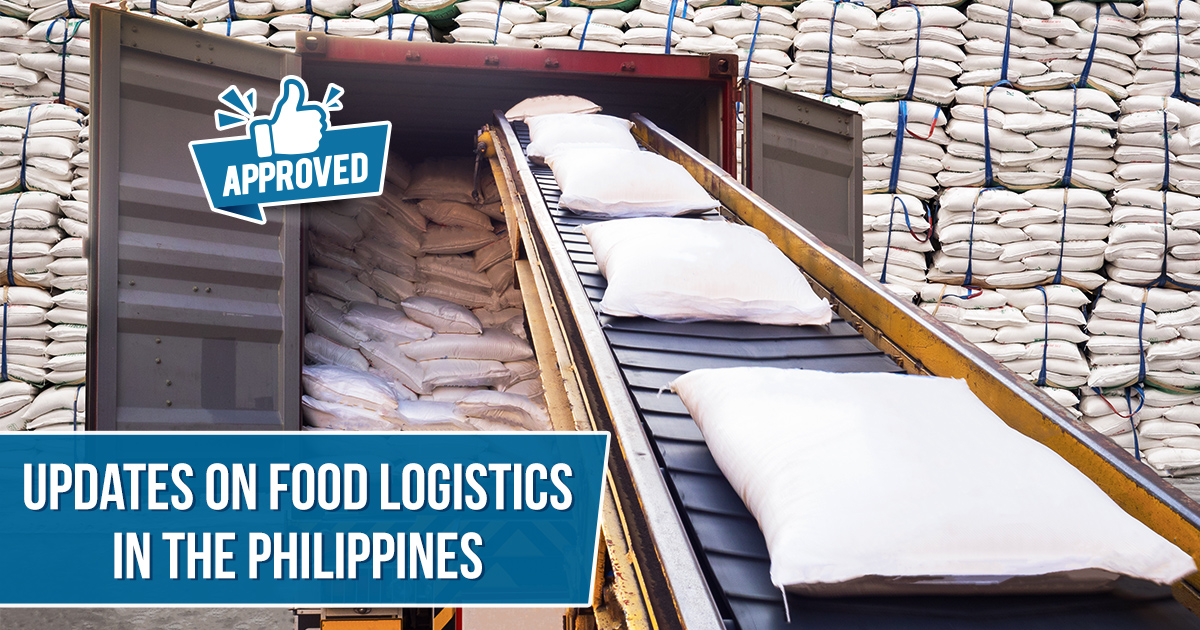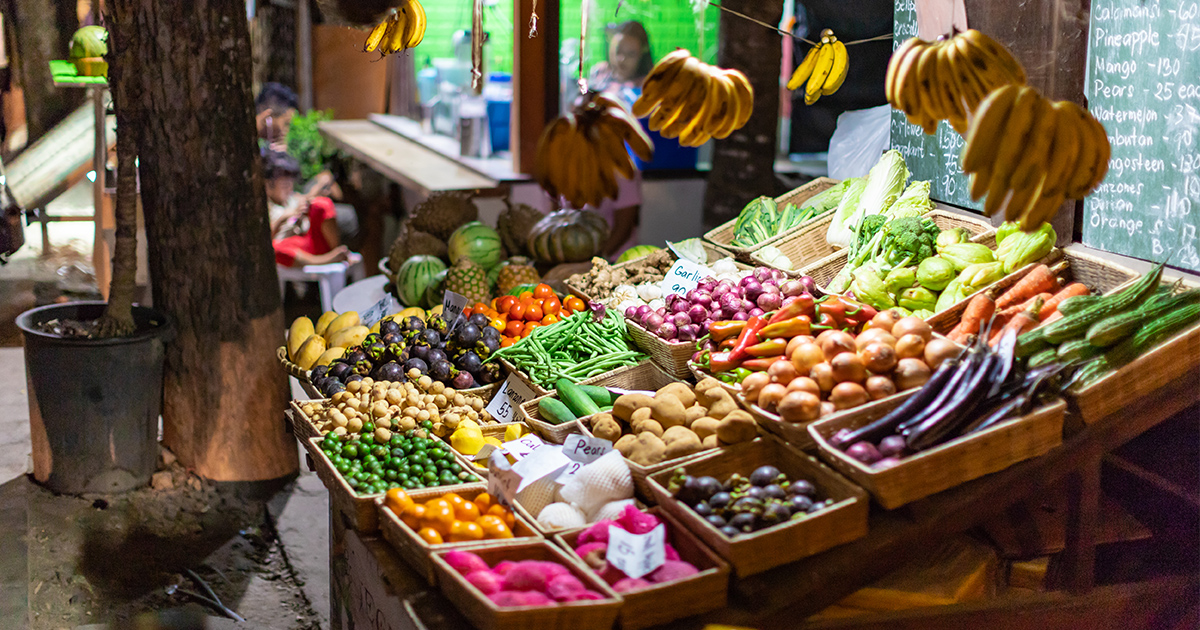
According to Ken Research (2022), the Philippines logistics market is expected to grow at 8.2% CAGR. It is said that logistics will continue contributing to economic recovery with infrastructural, technological, and regulatory initiatives. The recent updates on food logistics are a step toward becoming Asia’s next major logistics hub. The goal is in progress as government efforts target modernizing the food distribution system.
The ‘GO’ signal to DTI’s 3-Year Food Logistics Plan
The agenda raised last year for modernizing the food distribution system in the Philippines will proceed this year. According to the Presidential Communications Office (PCO), President Marcos Jr. approved the plan.
This 3-year food logistics plan of DTI sought to improve the food availability and affordability for Filipinos. It also aims to reduce transport and logistics costs and achieve an efficient agricultural supply chain.
This plan was brought to the table during the 8th Cabinet meeting in September last year. To develop a structured food logistics chain to address the nation’s distribution gaps.
- Addressing Philippines’ Logistics Gaps and Issues
Aside from the intent of the 6 key strategies in this plan, it is also a way to strengthen food security. Addressing the hoarding and smuggling activities of unmanaged ports and market monitoring. It calls for improving surveillance and logistics performance through good warehousing and maintenance of storage facilities.
Recently, the Bureau of Customs (BOC) raided warehouses in Bulacan with suspected smuggled imported rice. The warehouses contain P519 million worth of imported rice and local palay. Authorities are to take legal action if owners fail to provide supporting documents for these imports.
- Integrating Food Terminals in Metro and Outside Manila

DTI also aims to integrate existing food terminals into efficient logistics networks of ports. This could shorten and standardize the food distribution processes and systems. This will also streamline transactions among key players in the agri-food supply chain.
Implementing centralized hubs with ICT integration could provide real-time visibility of the logistics. A pilot project of DTI with the USAID-SPEED aims to strengthen the transition of SMEs to growing e-commerce platforms.
- Intensified Logistics Measures for Shipping Legislation
The DTI is endorsing the proposed International Maritime Competitiveness Act in the legislation. This aims to strengthen the shipping lines’ regulations for possible shipping overcharges.
Towards One Goal
The recent efforts and updates in the country’s logistics system are progress towards being the next major logistics hub in Asia. But underlying is to address gaps in food logistics and security that need attention. What matters the most is to transport the right product. The food, which is the main concern in this article, is to arrive at every Filipino table at the right time.